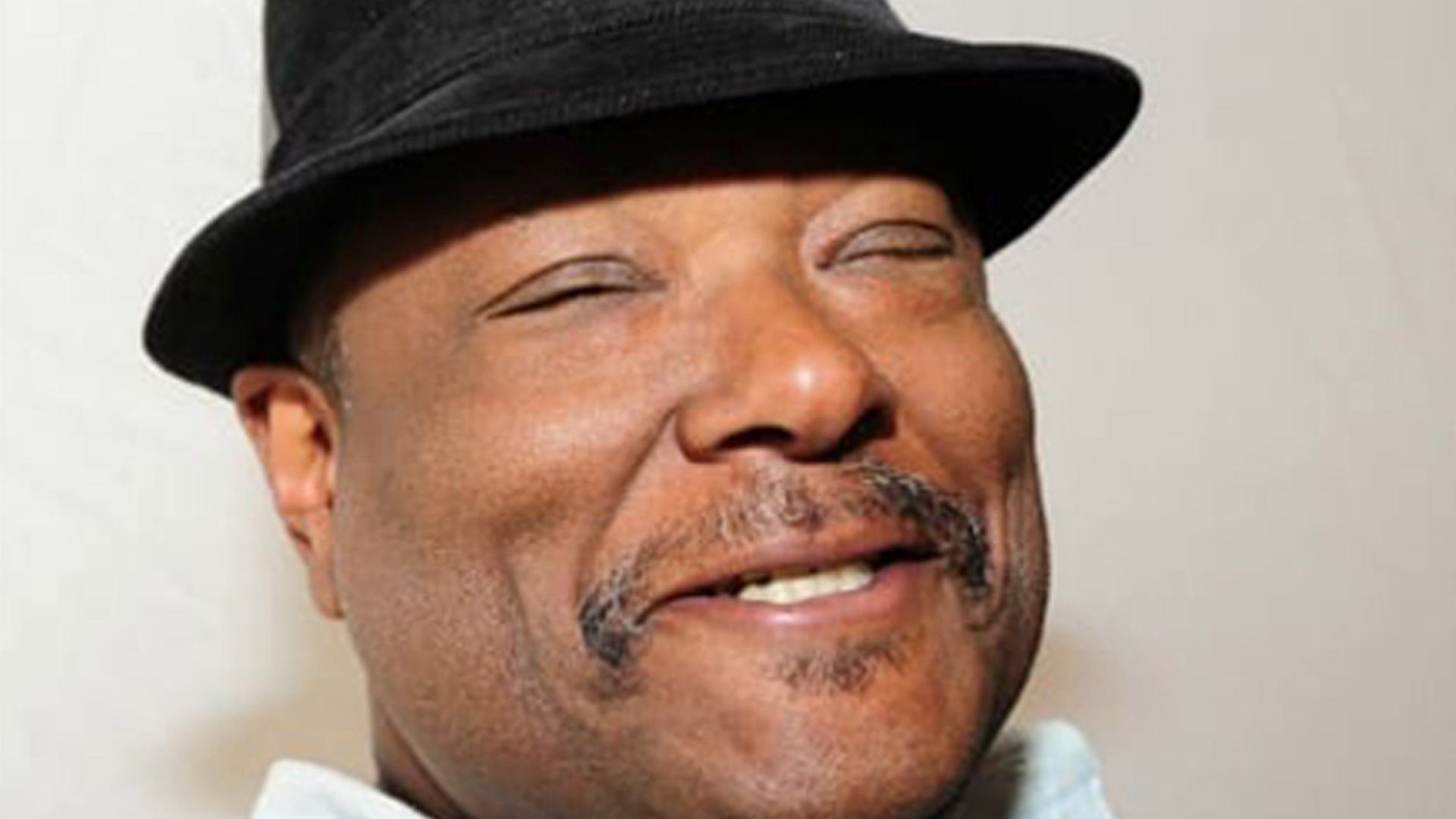ANDY HEDGECOCK celebrates the way that US writers have always used crime and sci-fi to explore and express dissident ideas
N outraged reviewer of Paul Auster’s Bloodbath Nation (2023) declared its author to be “a hardcore socialist of the most dangerous kind.” The book, an extended essay on the tragedy of gun violence in the US, is a searing critique of neoliberalism, imperialism and racism. Even so, “hardcore” is an ill-chosen adjective for Auster, who died in April at the age of 77.
Auster’s belief that no socialist candidate could win a US election led him to support the candidacy of Barack Obama. In spite of this, he continued to see himself as “far to the left of the Democratic Party” and criticised Obama’s neoliberal policies and failure to challenge America’s drift to the right.
If Auster’s views on party politics are paradoxical, his fiction is consistently trenchant in its analysis of American life and its defining orthodoxies. In fact, his novels have extended and enriched an undercelebrated tradition in US writing – the use of popular genres, often dismissed as “escapist,” to express dissident ideas.
Woven into American noir, sf and fantasy are tenacious threads of writing that challenge the assumptions of capitalist ideology and focus on those battling the horrors of social Darwinism.
Politically conscious noir has a long history, beginning with Dashiell Hammett’s hardboiled tales of avarice and corruption – such as Red Harvest (1929) and The Maltese Falcon (1930) – and including a wave of writers with related concerns in the 1980s and 1990s.
The VI Warshawski books by Sara Paretsky (1947-) tackle racism, sexism, the labour movement, crooked corporations and shady politicians. Warshawski, arguably the most convincing of fictional private eyes, loathes the Republican Party and is cynical about the intentions of mainstream Democrats. In Black List (2003) she investigates the suspicious death of a journalist and reveals connections between the cruelties of Cold War McCarthyism and the use of the 2001 Patriot Act to conceal the crimes of business and government.
Author and community activist Gary Phillips (1955-) navigates similar territory. His African American PI, Ivan Monk, becomes embroiled in mysteries involving racial strife and institutional corruption. Violent Spring (1994) deliberates on cultural diversity and links criminal violence to the government’s betrayal of the “huddled masses” honoured by the Statue of Liberty.
“I wanted to talk politics, but in a different way,” declared Marxist theorist and community activist Bill Fletcher Jr (1954-). His novels featuring investigative journalist David Gomes, inspired by film noir and the Perry Mason TV Series, raise awareness of the experience of Cape Verdean Americans and racial and community justice. The Man Who Changed Colors (2022) offers vivid insights into the dangers and demands of work in a shipyard.
Carl Hiaasen (1953-) majors on links between corporate greed, political sleaze and environmental destruction. A former journalist, Hiaasen might have expressed his fury at the despoiling of the Florida Keys and Everglades in a newspaper column, but his raucously witty caper stories such as Stormy Weather (1995) and Skinny Dip (2004) create a significant impact on a mass audience.
Socialist ideas are also presented in entertaining and accessible ways in American fantasy writing. The earliest books by Kurt Vonnegut (1922-2007) were irreverent sf. Player Piano (1952) is a satire on class, automation and the capitalist ideal of progress, while Cat’s Cradle (1963) is a postmodernist take on the arms race and the need for a human-centred form of science. Vonnegut returned to sf in later work such as Galapagos (1985) which rails against the commodification of human activity and the notion that progress depends on competition. Timequake (1997) locks its characters into a 10-year time loop to expose the loneliness and banality of corporatised America.
Joanna Russ (1937-2011) investigated the possibility of utopia and the intersection of socialism and feminism. Powerful women were rare in 1970s sf, but the transtemporal traveller-cum-assassin of The Adventures of Alyx (1976) confronts male violence and battles a range of coercive institutions.
The anti-capitalist stories of Ursula Le Guin (1929-2018) speculate about gender, sexuality and religion from a left-anarchist perspective. The Dispossessed (1974) compares imperfect societies on two satellite worlds. Life on resource-rich Urras, controlled by a small elite, is less attractive than that on barren Anarres, organised on principles set out by the anarchist Peter Kropotkin.
The horror writer Thomas Ligotti (1953-) describes himself as a socialist and has condemned the “abhorrent” savagery of conservativism and capitalism. His novella My Work is Not Yet Done (2002) is a bleakly surreal satire on the mind-numbing futility and destructive stratagems of corporate life. It’s a masterclass in menace and alienation. Which brings us back to Paul Auster.
Auster achieved critical acclaim with the publication of the New York Trilogy (City of Glass, 1985; Ghosts, 1986; and The Locked Room, 1986). The books play fast and loose with the conventions of the detective and mystery genres to address the themes of alienation, identity, language and storytelling.
The collision of popular genre and philosophical speculation was central to Auster’s early fiction, which is terse, bleak and bursting at the seams with symbols and ideas. The Country of Last Things (1987) is a dystopian fable about memory, technology and culture; Moon Palace (1989) merges picaresque adventure and American history; and The Music of Chance (1991) is an absurdist fable exploring randomness, isolation and control.
His later work is closer to the literary mainstream. Sunset Park (2010) concerns exile, social reconnection and the financial crash of 2008. The competing plot iterations of 4-3-2-1 (2017) inspire musings on community, imperialism, the consolations of scholarship and the possibility of revolution. Finally, Baumgartner (2023) mixes realism and metaphysics in a story of loss, nostalgia and American culture.
Auster had unwavering views on the political responsibility of writers. Talking to Electric Lit in 2017, he said: “Artists must… hold leaders responsible and accountable. And that’s our job, and we have to do it.”






